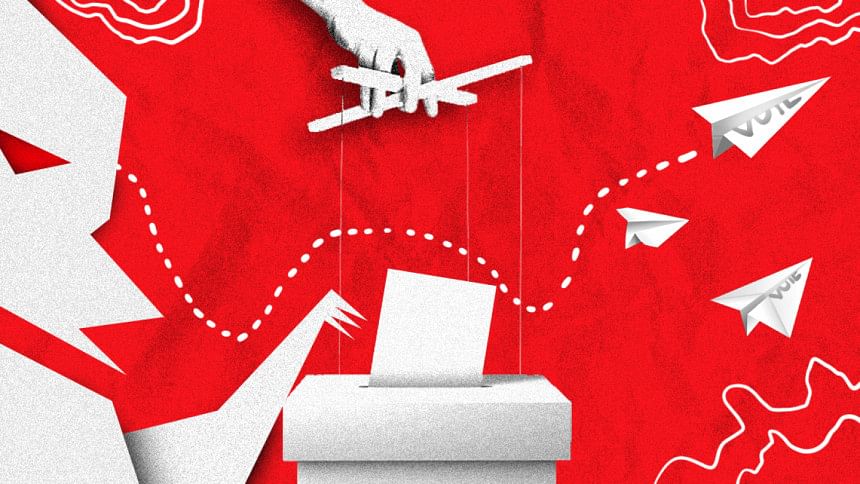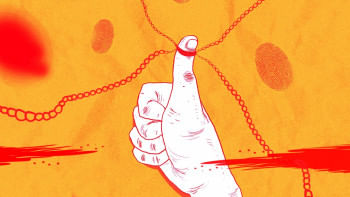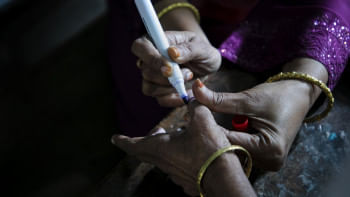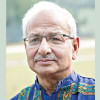What will happen to multi-party democracy in Bangladesh?

The January 7 election was essentially a contest among the members/supporters of the Awami League itself. The "independents" either were members of AL or were backed by it. The Jatiya Party had lost its credibility much earlier given its political positions.
Within this arithmetic of politics, the notions of "free" and "fair" elections hold little meaning. The big question that emerges for democracy in Bangladesh is who will constitute the "opposition" now, and more critically, if the country is moving towards a one-party system.
Now, Awami League itself will have to take care of the factions that have emerged within the party. Many of the party's core supporters had to vote against their own party candidates, and one would have to wait to see how it works out in the future for the party cohesion itself.
One of the fundamental principles of our constitution is democracy, and Awami League had a rich tradition of fighting for the nation's democratic rights. It raised several movements for democracy in the past. But the way the election has been held this time has made us worried about the future of democracy in the country.
Having said that, I think BNP is also to blame for the situation we are in today. They should have been more creative and taken more risks. Politics is about power, and no party will give up power voluntarily. A party has to compete in the election to go to power. If BNP participated in the election and lost, at least it could have said that it had done its part. All this time, we heard the BNP leadership saying that it would not go to the polls under the Awami League government and all they demanded was a non-partisan caretaker government. But did they ever try to raise any issue that actually concerns the public?
The people of Bangladesh are not fools; they understand the political situation of the country very well. BNP has been out of power for the last 15 years, and there is a whole generation that has grown up without seeing it as a major political party. So, I think they should have participated in the election, whatever the situation may be. Moreover, the BNP leadership has disappointed its own party members in the mid- and lower tiers by not participating in the election. Personally, I would have been very happy if BNP and all other major political parties participated in this election. Sadly, they have failed us.
So, what's next? We regularly listen to the Awami League government's development narratives. But what concerns me is whether the fruit of development is reaching the micro levels. I hope steps will be taken to address the concerns of the general public and the rising inflation will be reigned in.
In terms of governance, I have heard the prime minister saying quite a few times that the government will correct the mistakes that were made. Although I do not know what mistakes she was referring to, we did hear such statements. So, I hope that would be taken into cognisance post election. But even if the governance issues such as corruption and irregularities are addressed, the question will still remain: what will happen to the multi-party democracy in the country? That is my biggest concern at the moment.
Dr Amena Mohsin is political analyst and professor of international relations at Dhaka University.
As told to Naznin Tithi of The Daily Star.
Views expressed in this article are the author's own.
Follow The Daily Star Opinion on Facebook for the latest opinions, commentaries and analyses by experts and professionals. To contribute your article or letter to The Daily Star Opinion, see our guidelines for submission.

 For all latest news, follow The Daily Star's Google News channel.
For all latest news, follow The Daily Star's Google News channel. 











Comments